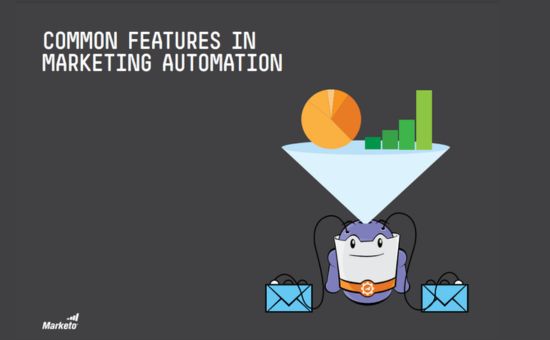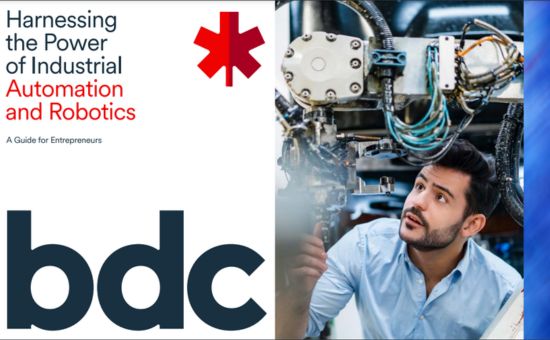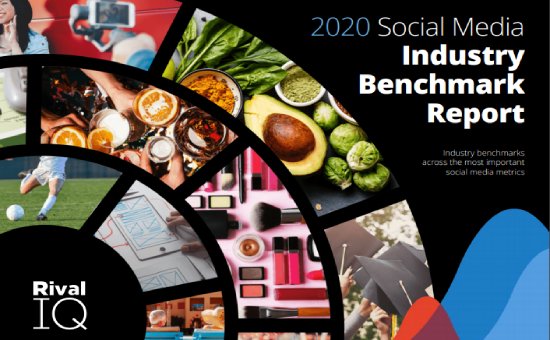What is Marketing Automation? | Adobe Experience Cloud
Marketing Automation
Some Context
Let’s try a quick exercise. Raise your hand if your company can send marketing emails. Seriously—go ahead and raise it. This one’s simple. Now, keep your hand up if your company can easily create new landing pages for each campaign. Still up? How about setting up all event-related emails in advance so they run automatically without supervision? That’s a bit tougher, right?
Next, can you prioritize potential customers based on how well they fit your business and their likelihood to purchase? Can you filter leads by engagement with your brand? Still going strong?
Final question: can you track the revenue impact of each marketing campaign? If your hand is still raised, you likely understand marketing automation and use it well. Congrats! You can skip ahead to see why it’s such a big deal now. For everyone else, keep reading.
Marketing automation defined
Let’s start with a definition:
WHAT: Marketing automation refers to a category of software.
HOW: It simplifies, automates, and evaluates marketing tasks and workflows.
WHY: This allows companies like yours to enhance operational efficiency and accelerate revenue growth.
So, WHO utilizes marketing automation?
COMPANY SIZES: While large enterprises have long recognized the value of this technology, it’s important to note that marketing automation isn’t exclusive to big companies. In fact, Small and Mid-Sized Businesses (SMBs) represent the fastest-growing segment in the marketing automation sector, which includes any company with annual revenues between $5 million and $500 million. Numerous even smaller businesses also leverage marketing automation.
INDUSTRIES: Organizations from various industries are employing this technology. Initially, early adopters were primarily in business-to-business (B2B) sectors such as high-tech/software, manufacturing, and business services. However, an increasing number of companies across all sectors—including business-to-consumer (B2C) fields like healthcare, financial services, media and entertainment, and retail—are embracing marketing automation for its real-time, relationship-driven approach to managing and enhancing customer connections.
Marketing automation is a vital technology that supports numerous modern marketing practices, including:
- Lead generation
- Segmentation
- Lead nurturing and scoring
- Relationship marketing
- Cross-selling and upselling
- Customer retention
- Measuring marketing ROI
While some of these practices can be implemented on a small scale without marketing automation, the technology becomes essential as operations scale up.
Features of Marketing Automation Platforms
Marketing automation platforms offer a variety of features, including email marketing, landing pages and forms, campaign management, lead nurturing and scoring, lead lifecycle management, CRM integration, social marketing functionalities, and marketing analytics.
But hold on! Lower your hand for a moment to steady yourself. We’ll explore these common features in depth in Part Four.

What Marketing Automation Is NOT
Having discussed what marketing automation is, let’s clarify what it is not:
- Not Just a Fancy Term for Email Marketing
Marketing automation is much more than email marketing. It covers campaigns across all channels—ranging from direct mail and phone outreach to online and social media initiatives. Furthermore, it integrates valuable insights from your CRM, lead management systems, web analytics platforms, and other tools, creating a comprehensive system that offers insights capable of significantly boosting company revenue. - Not a Tool for Spam
As with any technology, the outcomes of marketing automation depend on how it is applied. While it can be misused for spammy tactics, it can also be harnessed for exceptional marketing efforts that genuinely engage customers. - Not Just Beneficial for Marketing
While the marketing department reaps the rewards of marketing automation, its ultimate goal is to drive revenue growth. That’s how it should be! - Not a No-Effort Solution
If only acquiring marketing automation technology guaranteed results without any effort! Unfortunately, that’s not the case. Marketing automation requires a well-rounded strategy that integrates the right processes, personnel, content, data, and more. In other words, success isn’t automatic. Want to learn what it takes? Check out Part Six.
Continue reading and download the complete guide to discover how marketing automation can transform your business strategy!
Related guide: The Seven Most Common Marketing Automation Myths | GetResponse
- part one: What is marketing automation?
- some context
- Marketing automation defined
- What marketing automation does
- Worksheet: are you ready for marketing automation?
Number of Pages:
- 9 pages
Pricing:
- Free






